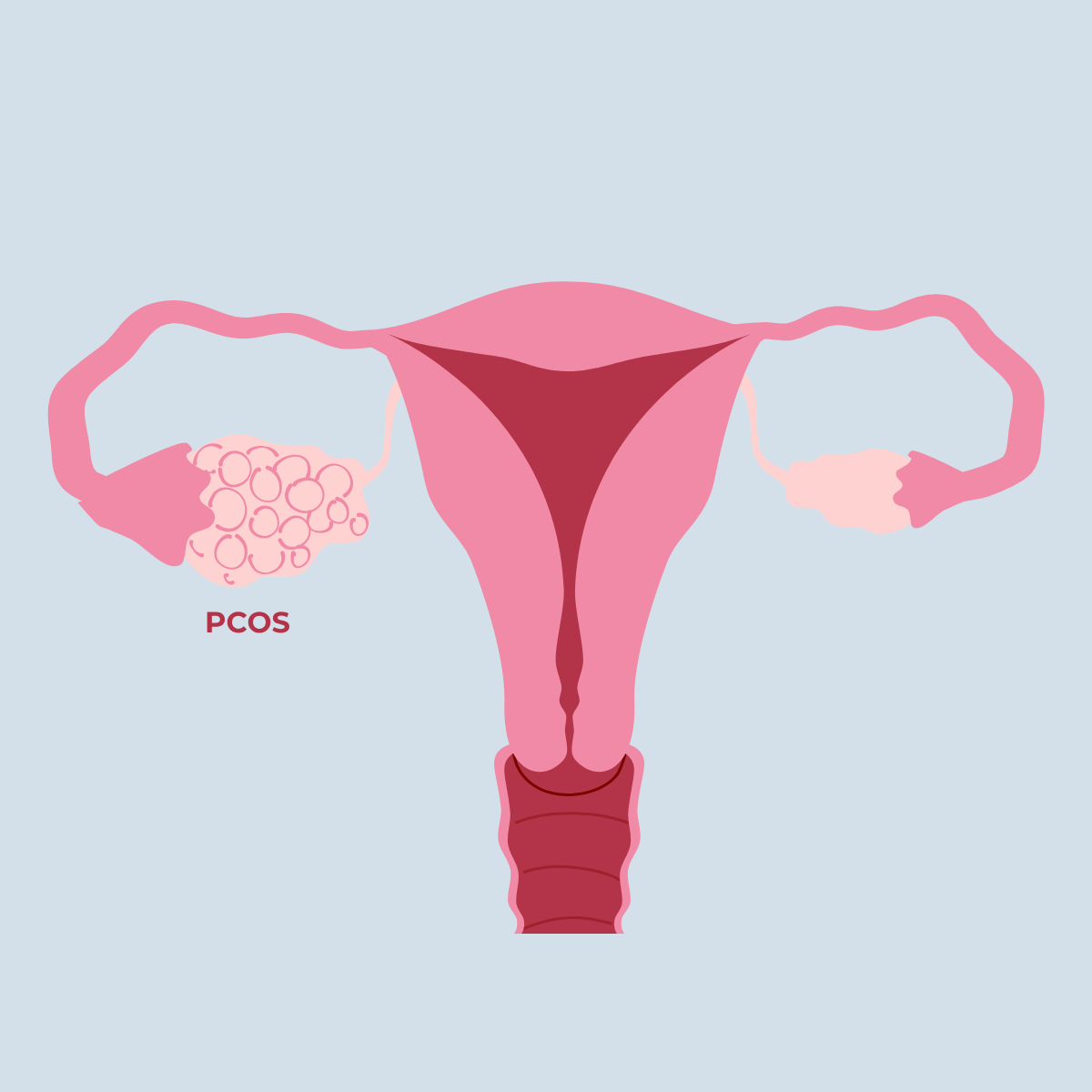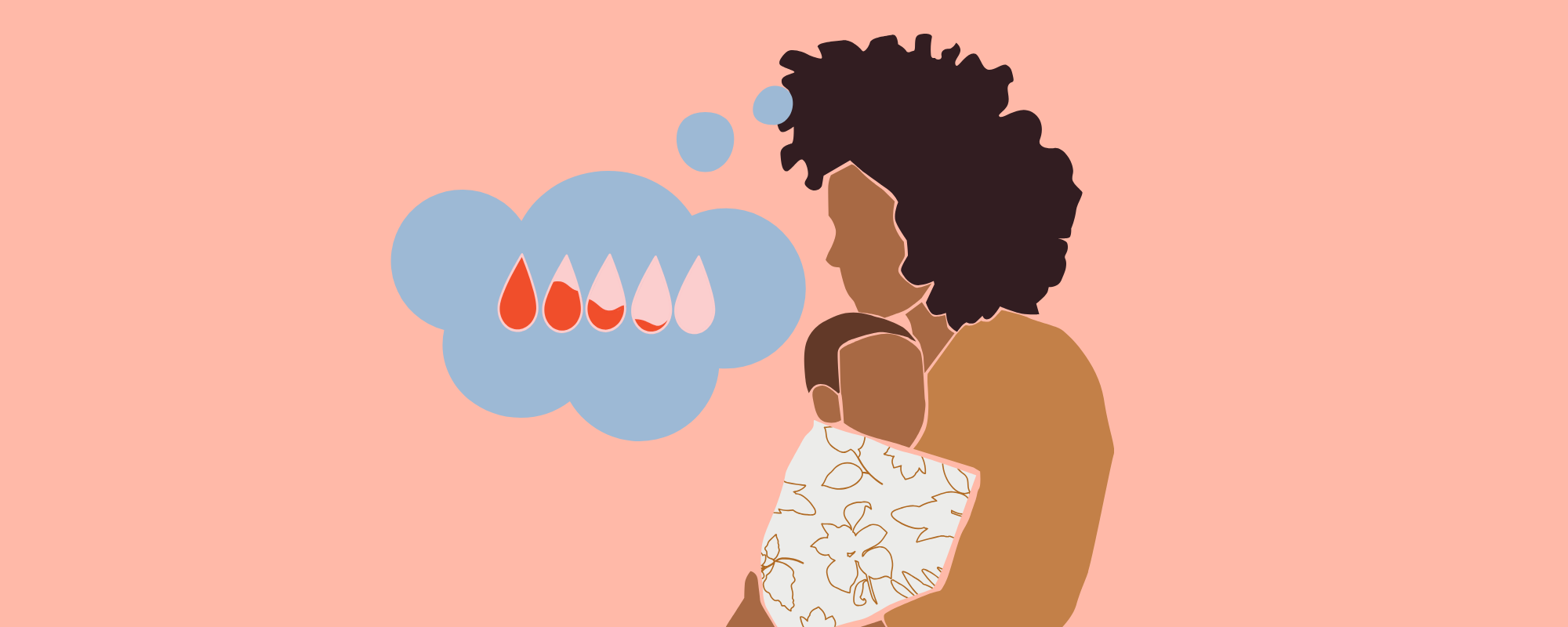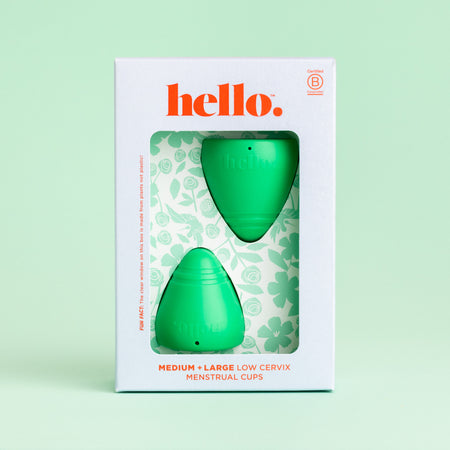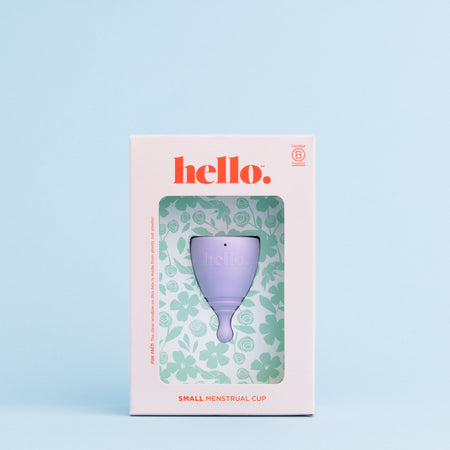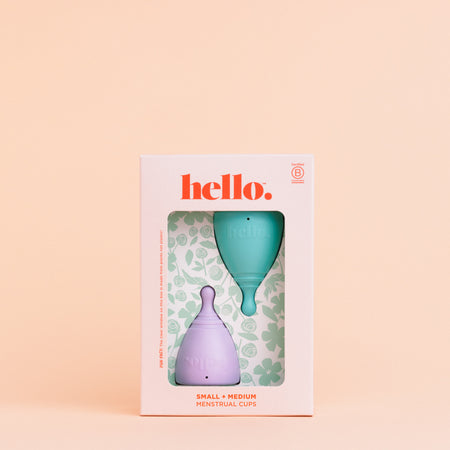Period life can be a total rollercoaster ride of emotions and cravings. But did you know that what you eat during each menstrual phase can actually help you control moods and cravings? Yep, you heard it right! So, buckle up as we dive into the menu you should be tapping into that can make your menstrual cycle phrases a little more bearable.
Foods to Eat During Each Period Cycle Phrases?
Phase 1: Food to Eat During The Menstrual Phase (aka Shark Week)
During this phase, your body is shedding the uterine lining, and you might experience cramps, fatigue, and mood swings. To combat these symptoms, focus on replenishing iron levels in your body. Iron-rich foods like leafy greens (spinach, kale), lean red meat, poultry, and beans can help combat the fatigue and replenish your iron stores. Additionally, incorporating foods high in vitamin C, such as citrus fruits and berries, can enhance iron absorption.
Dark chocolate is a yummy treat that can also be beneficial during your period. It contains magnesium, which can help alleviate mood swings and relax the muscles. Opt for dark chocolate with a high cocoa content for maximum benefits.
Phase 2: Foods to Eat During Follicular Phase (aka The Energizer)
During the follicular phase, your body is preparing for ovulation, and you may experience a surge of energy. This is the time to embrace whole grains like oats, quinoa, and brown rice. These complex carbohydrates provide a steady release of energy, keeping you fueled throughout the day. Incorporate a variety of fruits and vegetables to boost your vitamin and mineral intake. Berries, citrus fruits, leafy greens, and colourful vegetables are great choices.
You can also include foods rich in vitamin E, such as nuts (almonds, walnuts) and seeds (chia, flax), which are known for their antioxidant properties. Vitamin E supports hormone balance and can help reduce inflammation in the body.
Phase 3: Foods to Eat During The Ovulation Phase (aka Baby-Making Time)
During ovulation, your body is primed for conception. It's important to support your reproductive health by incorporating foods rich in omega-3 fatty acids. Fatty fish like salmon, mackerel and sardines are excellent sources of omega-3s. If you follow a vegetarian or vegan diet, you can opt for plant-based sources like chia seeds, flaxseeds, and walnuts. These healthy fats promote hormone balance, reduce inflammation, and support overall reproductive health.
In addition to omega-3s, ensure you stay hydrated by drinking plenty of water and consuming water-rich foods like cucumber, watermelon, and citrus fruits. Hydration is crucial for maintaining optimal cervical mucus production and supporting the reproductive process.
Phase 4: Foods to Eat During The Luteal Phase (aka The PMS Party)
The luteal phase is characterised by increased progesterone levels, and many women experience symptoms such as bloating, cravings, and mood swings. To manage these symptoms, focus on foods rich in calcium and magnesium. Dairy products like yoghurt and cheese are excellent sources of calcium. Leafy greens, such as spinach and kale, are also great options. These nutrients can help alleviate bloating and reduce mood swings.
To curb cravings, opt for healthy snacks like almonds, sunflower seeds or pumpkin seeds. They provide a satisfying crunch while delivering nutrients like healthy fats, protein, and fibre. Incorporate complex carbohydrates like whole grains, sweet potatoes, and legumes, which can help stabilise blood sugar levels and prevent energy crashes.
Phase 5: Foods to Eat During The Pre-Menstrual Phase (aka Countdown to Chaos)
As you approach your next menstrual cycle, your serotonin levels may fluctuate, leading to mood swings and irritability. During this phase, focus on foods that boost serotonin levels. Complex carbohydrates found in whole wheat bread, brown rice, and sweet potatoes can promote the production of serotonin in the brain, helping to improve mood and overall well-being.
Additionally, foods rich in vitamin B6, such as bananas and chickpeas, can support serotonin production and help alleviate symptoms like bloating and breast tenderness.
FAQ on What to Eat in Menstrual Phase:
1. Can you eat seafood on your period?
Absolutely, you can eat seafood on your period! In fact, seafood like salmon, sardines, and shellfish are rich in omega-3 fatty acids and iron, which can help reduce cramps and replenish nutrients you might lose during your cycle. Just make sure it's fresh and well-cooked to keep things safe and healthy
2. Can i eat watermelon while on my period?
Absolutely! Eating watermelon during your period is a great idea. It's hydrating, light, and packed with vitamins like vitamin C and magnesium, which can help reduce bloating and ease cramps. Plus, its natural sweetness might be just what you need to feel a bit better.
Remember, these guidelines are meant to serve as general suggestions, and everyone's body is unique. Listen to your body, pay attention to how different foods make you feel, and make adjustments accordingly. It's important to maintain a balanced and nutritious diet throughout your menstrual cycle to support your overall health and well-being. And don't forget to indulge in some treats occasionally because self-care and enjoyment are essential too!
=> Maybe you be interested in: Why does my period smell?



